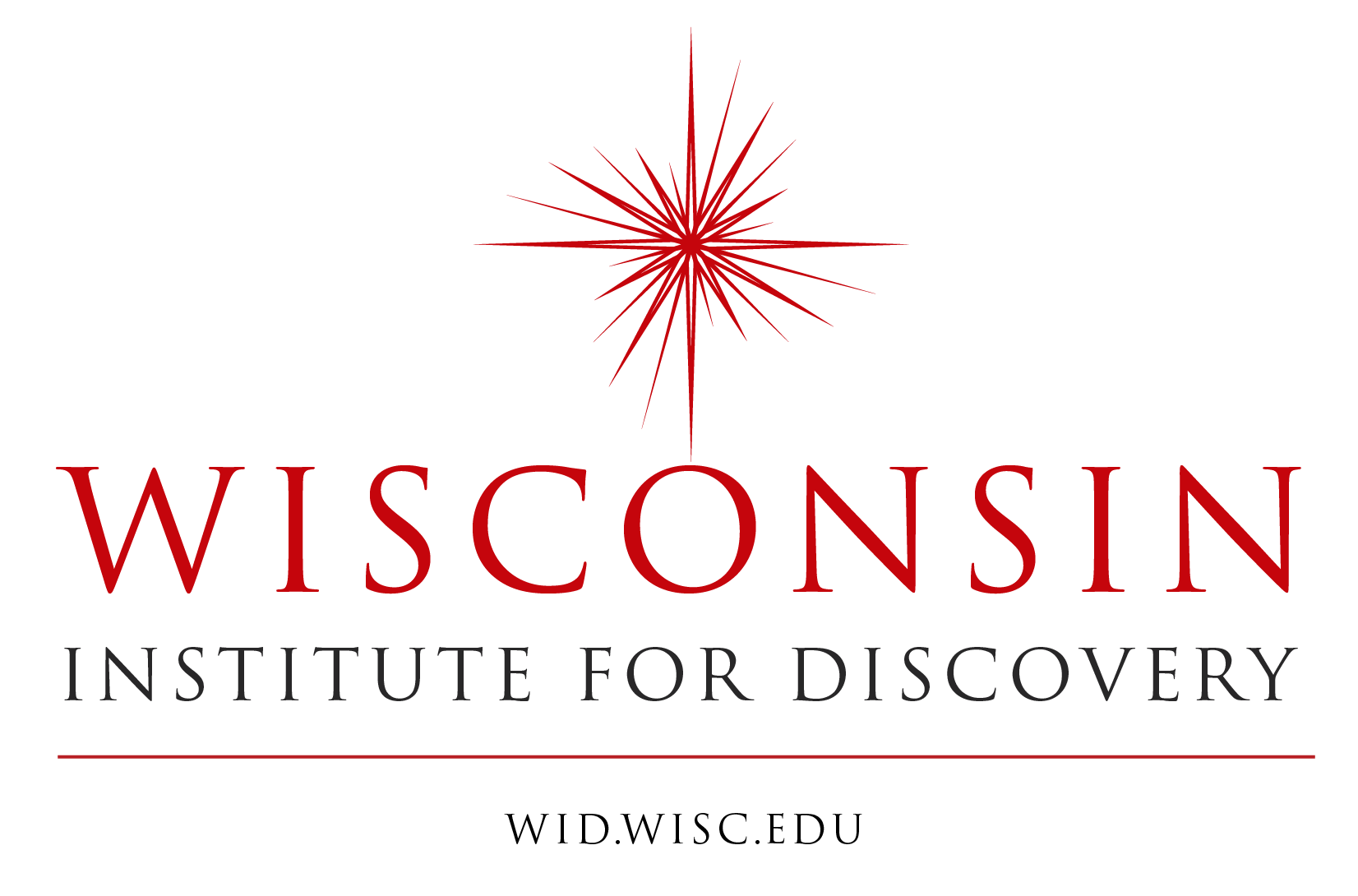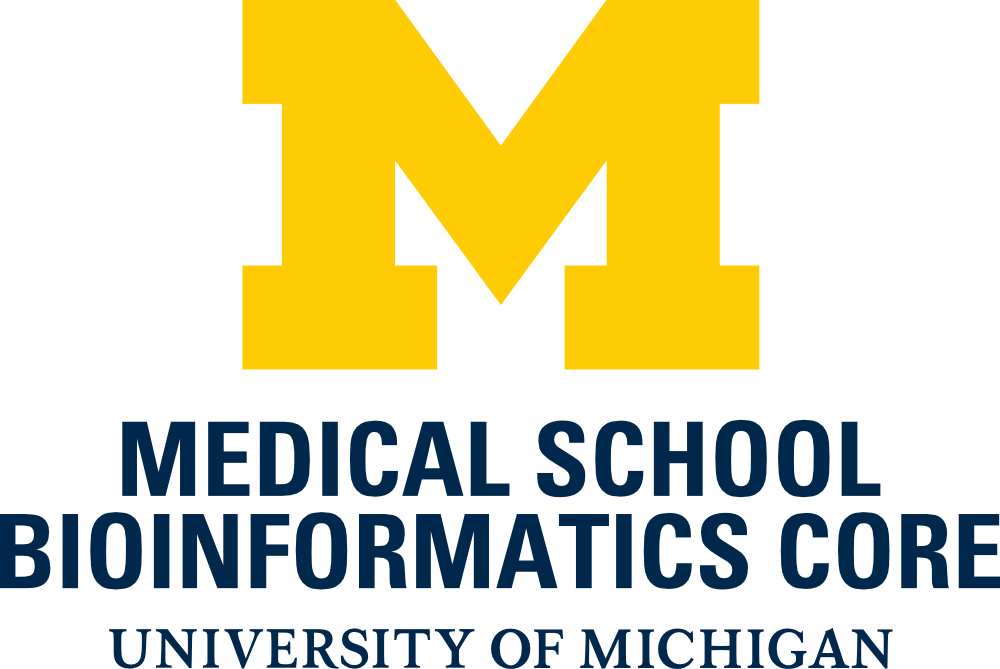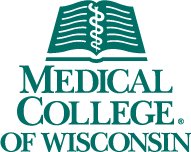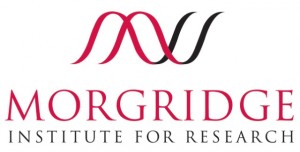KEYNOTE SPEAKERS
 Mark Craven, PhD
Mark Craven, PhD
University of Wisconsin at Madison
Mark Craven is a professor in the Department of Biostatistics and Medical Informatics at the University of Wisconsin, and an affiliate faculty member in the Department of Computer Sciences. He is the Director of the Center for Predictive Computational Phenotyping, one of the NIH Centers of Excellence for Big Data Computing. He is also the Director of the NIH/NLM-funded Computation and Informatics in Biology and Medicine (CIBM) Training Program, and a member of the Institute for Clinical and Translational Research, the Carbone Cancer Center, and the Genome Center of Wisconsin. The focus of his research program is on developing and applying machine-learning methods to infer models of, and reason about, networks of interactions among genes, proteins, clinical and environmental factors, and phenotypes of interest.
 R. Stephanie Huang, PhD
R. Stephanie Huang, PhD
University of Minnesota
Dr. Huang is an Associate Professor at the Department of Experimental and Clinical Pharmacology, University of Minnesota. She is also an Associate Director for the Institute of Personalized Medicine | Pharmacogenomics U of M Alliance (PUMA-IPM) and a member of the Masonic Cancer Center at the University of Minnesota. She is a member of American Association for Cancer Research (AACR), American Society of Human Genetics (ASHG), and American Society of Clinical Pharmacology and Therapeutics (ASCPT). To date, she has published over 70 original research papers many of which are in high caliber journals, e.g., Nature, Nature Medicine, PNAS, Blood, Cancer Research, Genome Biology and American Journal of Human Genetics. Dr. Huang is a board certified clinical pharmacologist with extensive training in genetics, molecular and cell biology, clinical trials and high throughput data analysis.
The Huang laboratory’s main research focus is translational pharmacogenomics with particular interest in the pharmacogenomics of anti-cancer agents. By systematically evaluating human genome and its relationships to drug response and toxicity, their goal is to develop clinically useful models that predict risks for adverse drug reactions and non-response prior to administration of chemotherapy. With her broad training background, Dr. Huang assembles and leads a multi-disciplinary team that consists of computational biologist, geneticist, pharmacist, physician, molecular biologist and biostatistician to tackle a series of serious problems in cancer research. These include the lack of mechanistic understanding of genomic regulation of cancer phenotypes; the lack of reproducible predictive biomarkers for cancer therapeutic agents; and the lack of effective treatment for many hard to treat cancers.
More information about the Huang lab can be found online at http://huang-lab.umn.edu/
 Sunduz Keles, PhD
Sunduz Keles, PhD
University of Wisconsin at Madison
Dr. Keles is interested in statistical and computational genomics. Their research concerns developing and applying statistical methods for problems that arise in genome biology.
 Dan Knights, PhD
Dan Knights, PhD
University of Minnesota
Dr. Dan Knights is an Associate Professor in the Department of Computer Science and Engineering and the BioTechnology Institute at the University of Minnesota. He obtained his Ph.D. in Computer Science under Rob Knight and Mike Mozer at the University of Colorado at Boulder, with a certificate in Interdisciplinary Quantitative Biology from the University of Colorado's BioFrontiers Institute. He came to the University of Minnesota from a post-doctoral fellowship in the lab of Ramnik Xavier at Harvard Medical School and the Broad Institute of MIT and Harvard.
 Quaid Morris, PhD
Quaid Morris, PhD
University of Toronto
Dr. Quaid Morris is a professor at the Donnelly Centre for Cellular and Biomolecular Research (University of Toronto) where he also holds cross-appointments in Molecular Genetics and Computer Science. Dr Morris is also a faculty member of the Vector Institute for Artificial Intelligence.
The Morris Lab uses machine learning and artificial intelligence to do biomedical research, focusing on cancer evolution, post-transcriptional regulation, and gene function prediction. His work also spans biological image analysis and electronic health record analysis.
Since establishing his lab in 2005, Dr. Morris has published more than 100 peer-reviewed papers in journals and high-impact computer science conferences. His work has gained nearly 15,000 citations. He is an expert in machine learning and its application to genomics data.
 Christine Vogel, PhD
Christine Vogel, PhD
New York University
Dr. Christine Vogel is a trained biochemist with a Master's in Mathematical Biology and a PhD in Computational Structural Biology obtained from the University of Cambridge, with Drs. Cyrus Chothia and Sarah Teichmann. After post-doctoral work with Dr. Edward Marcotte (Univ. of Texas at Austin), she joined New York University as faculty in 2011. Her lab uses a combination of proteomics, transcriptomics, computational, and targeted approaches to investigate the regulation of protein expression under stress. Her work was recognized by the US Human Proteomics Organization with the 2017 Robert J. Cotter New Investigator Award.












